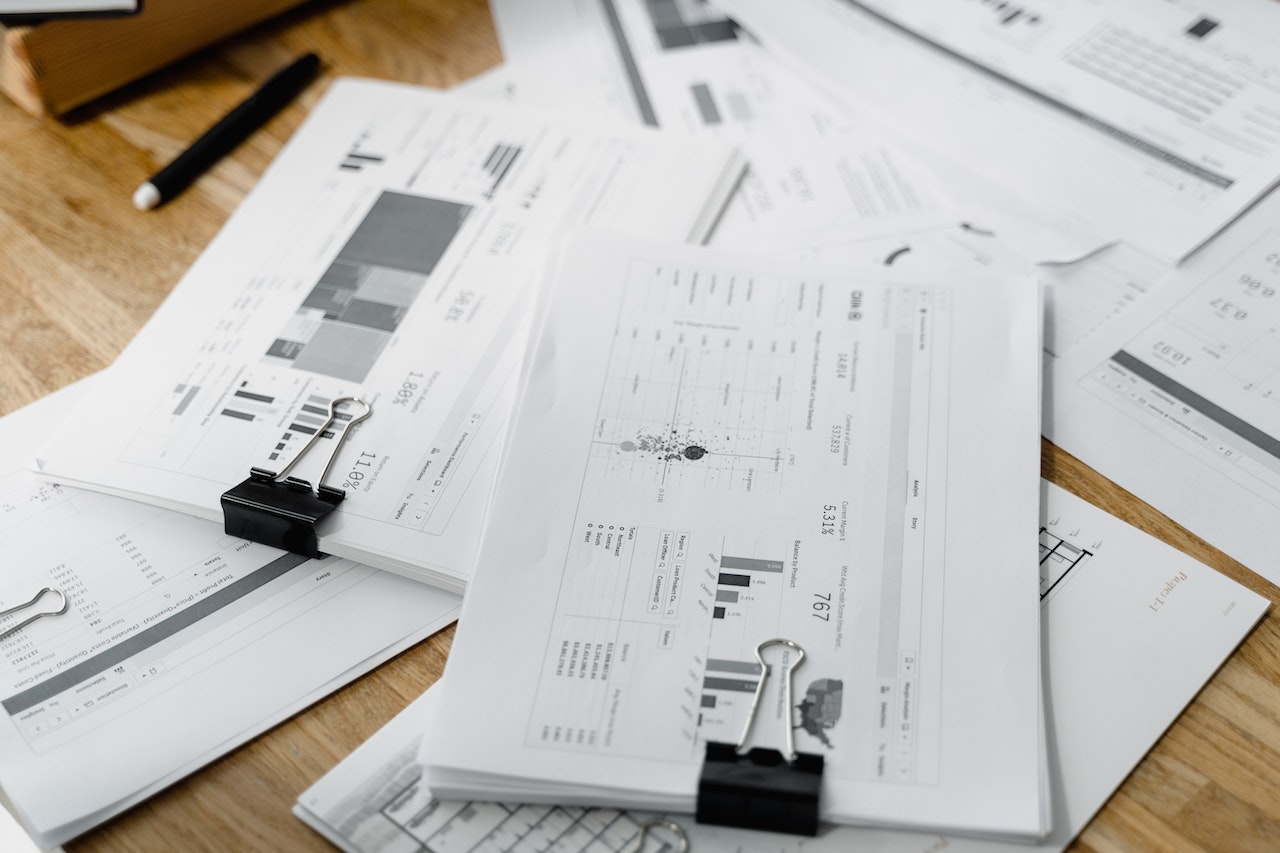As a landlord in the UK, you have certain tax obligations that you must fulfil. Failure to comply with these obligations can result in fines and penalties. This guide provides a step-by-step process to help you understand and meet your tax obligations as a landlord in the UK.

Step 1: Register with HM Revenue and Customs (HMRC)
If you are a landlord in the UK, you must register with HMRC for self-assessment tax returns. You can do this online at the HMRC website or by calling the self-assessment helpline.
Step 2: Understand Your Tax Obligations
As a landlord, you have various tax obligations, including income tax, capital gains tax, and stamp duty land tax. It is important to understand each of these tax obligations to ensure that you are meeting your tax obligations.
Income Tax
If you receive rental income from your property, you must pay income tax on that income. The amount of income tax you pay depends on your total income and your tax band. You can claim certain expenses against your rental income to reduce your tax liability, including:
- Mortgage interest payments
- Repairs and maintenance
- Letting agent fees
- Council tax
- Insurance
- Ground rent and service charges
Capital Gains Tax
If you sell a property that is not your main home, you may be liable to pay capital gains tax on the profit you make. The amount of capital gains tax you pay depends on the profit you make and your tax band. You can claim certain expenses against your capital gains to reduce your tax liability, including:
- Solicitor and estate agent fees
- Stamp duty
- Improvements and renovations
- Capital gains tax allowance
Stamp Duty Land Tax
If you buy a property in the UK, you may be liable to pay stamp duty land tax. The amount of stamp duty you pay depends on the purchase price of the property and the type of property. You can use the stamp duty land tax calculator on the HMRC website to calculate the amount of stamp duty you need to pay.
Step 3: Keep Accurate Records
As a landlord, it is essential to keep accurate records of your rental income and expenses. This includes:
- Rent received
- Expenses incurred
- Proof of income and expenses
- Copies of invoices and receipts
- Bank statements
- Tenancy agreements
By keeping accurate records, you can ensure that you are claiming all the expenses you are entitled to and that you are paying the correct amount of tax.
Step 4: Submit Your Self-Assessment Tax Returns
As a landlord, you must submit a self-assessment tax return to HMRC each year. The deadline for submitting your tax return online is 31 January following the end of the tax year. The tax year runs from 6 April to 5 April the following year.
When you submit your tax return, you must include details of your rental income and expenses. You can claim certain expenses against your rental income to reduce your tax liability, including:
- Mortgage interest payments
- Repairs and maintenance
- Letting agent fees
- Council tax
- Insurance
- Ground rent and service charges
Step 5: Pay Your Tax
Once you have submitted your self-assessment tax return, you must pay any tax you owe. The deadline for paying your tax is also 31 January following the end of the tax year. If you do not pay your tax on time, you may be liable for penalties and interest.
Step 6: Consider Using an Accountant
If you are finding it difficult to keep on top of your tax obligations, you may want to consider using an accountant. An accountant can help you to:
- Keep accurate records
- Claim all the expenses you are entitled to
- Ensure that you are paying the correct amount of tax
- Provide advice on tax planning and structuring your property portfolio
- Prepare and submit your self-assessment tax returns on your behalf
While using an accountant may involve an additional cost, it can save you time and ensure that you are meeting your tax obligations.
Step 7: Stay Up-to-Date with Changes to Tax Law
Tax laws and regulations can change frequently, and it is important to stay up-to-date with any changes that may affect you as a landlord. This can include changes to tax rates, allowances, and reliefs.
You can stay up-to-date with changes to tax law by:
- Regularly checking the HMRC website for updates
- Subscribing to email updates from HMRC
- Consulting with a tax professional or accountant
Also Read : Step By Step Guide : GDPR Rule for Small Businesses
Conclusion :
As a landlord in the UK, you have certain tax obligations that you must fulfil. This guide has provided a step-by-step process to help you understand and meet your tax obligations, including registering with HMRC, understanding your tax obligations, keeping accurate records, submitting your self-assessment tax returns, paying your tax, considering using an accountant, and staying up-to-date with changes to tax law.
By following these steps, you can ensure that you are meeting your tax obligations and avoiding any fines or penalties. Additionally, you may be able to reduce your tax liability by claiming all the expenses you are entitled to and taking advantage of any tax allowances or reliefs that apply to you.


